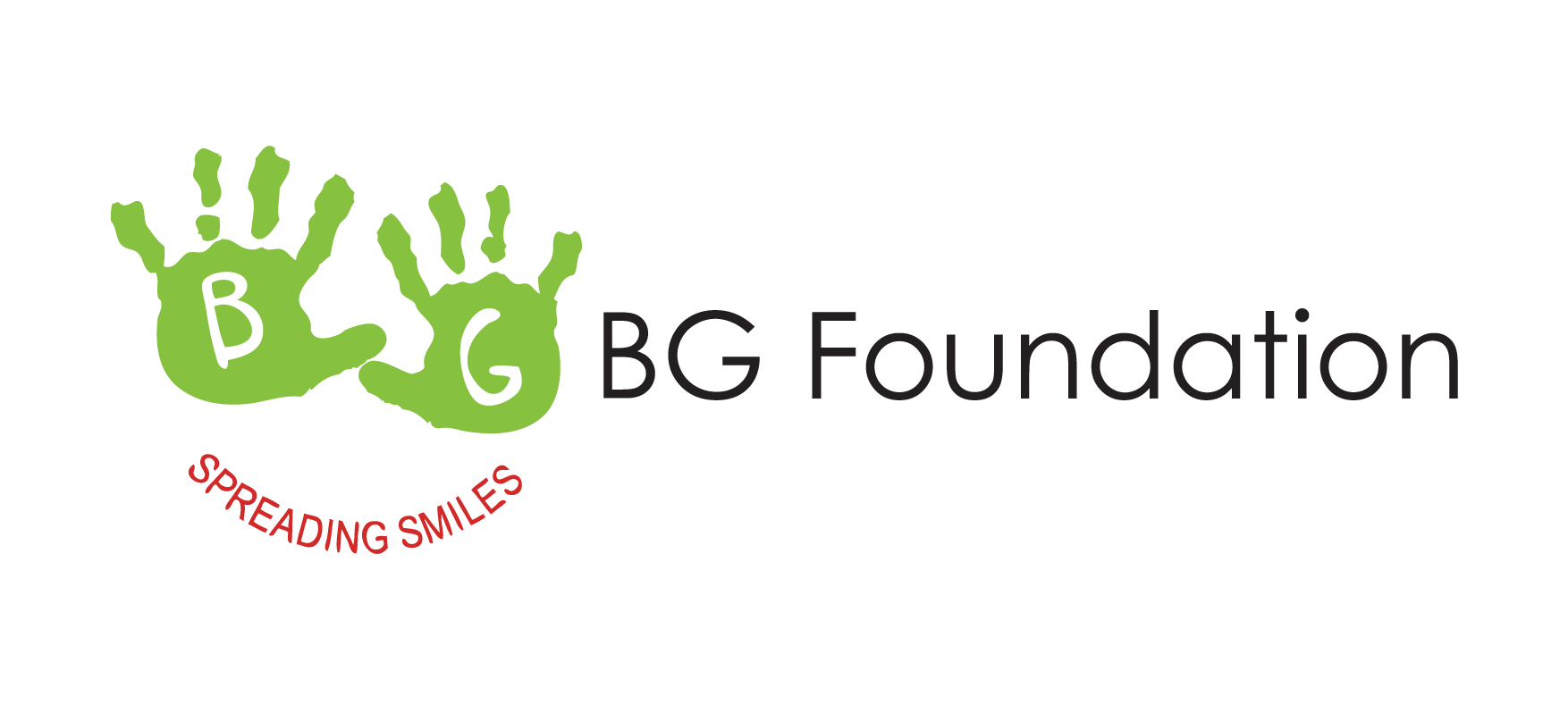Marginalized youth refers to young individuals who are disadvantaged and face various barriers that limit their access to opportunities and resources. These barriers can include poverty, discrimination, lack of education, and limited social support. Skill development plays a crucial role in empowering marginalized youth and providing them with the tools they need to overcome these barriers and achieve success in their lives.
The future success of marginalized youth depends on their ability to acquire and develop a wide range of skills. These skills not only enhance their employability but also contribute to their personal growth and well-being. In this blog post, we will explore the impact of marginalization on youth development, the benefits of skill development for marginalized youth, strategies for effective skill development programs, the role of collaborative partnerships and mentoring, successful case studies, measuring impact, and the transformative power of skill development for marginalized youth.
The Impact of Marginalization on Youth Development
Marginalization has a profound impact on the development of young individuals. It can lead to a range of negative outcomes such as limited educational opportunities, higher rates of unemployment, increased risk of involvement in criminal activities, and poor physical and mental health. Marginalized youth often face systemic barriers that prevent them from accessing resources and opportunities that are essential for their growth and development.
Examples of marginalized youth groups include those from low-income families, racial and ethnic minorities, individuals with disabilities, LGBTQ+ youth, and those living in rural or remote areas. These groups often face discrimination and prejudice, which further exacerbates their marginalization. It is crucial to address the unique challenges faced by each group in order to provide effective skill development programs that meet their specific needs.
The Benefits of Skill Development for Marginalized Youth
Skill development programs have the potential to significantly improve the lives of marginalized youth. By acquiring new skills, these young individuals can enhance their employability, increase their earning potential, and gain access to better job opportunities. Additionally, skill development can contribute to their personal growth and well-being by boosting their self-confidence, improving their communication and problem-solving abilities, and fostering a sense of empowerment.
There are various skills that can be developed through skill development programs. These include technical skills such as computer literacy, vocational skills such as carpentry or culinary arts, soft skills such as communication and teamwork, and life skills such as financial literacy and time management. By providing marginalized youth with a diverse range of skills, they are better equipped to navigate the challenges they face and seize opportunities for success.
The Role of Skill Development in Empowering Marginalized Youth
Skill development plays a crucial role in empowering marginalized youth by providing them with the tools they need to overcome the barriers they face. One of the key benefits of skill development is the boost it provides to self-confidence and self-esteem. By acquiring new skills and achieving success in their chosen field, marginalized youth gain a sense of accomplishment and belief in their own abilities.
Furthermore, skill development programs have the potential to break the cycle of poverty that many marginalized youth find themselves trapped in. By equipping them with the necessary skills for employment, these programs provide them with a pathway out of poverty and towards a brighter future. Skill development empowers marginalized youth to take control of their own lives and create positive change in their communities.
Overcoming Barriers to Accessing Skill Development Programs
While skill development programs are essential for marginalized youth, there are often barriers that prevent them from accessing these programs. Common barriers include lack of financial resources, limited transportation options, inadequate educational opportunities, and discrimination or stigma. It is crucial to address these barriers in order to ensure that all marginalized youth have equal access to skill development programs.
Strategies for overcoming these barriers include providing financial assistance or scholarships for program fees, offering transportation services or locating programs in easily accessible locations, partnering with educational institutions to provide additional support, and implementing anti-discrimination policies to create inclusive and welcoming environments. It is important to prioritize accessibility and inclusivity in the design and implementation of skill development programs.
Strategies for Effective Skill Development for Marginalized Youth
Designing and implementing effective skill development programs for marginalized youth requires careful planning and consideration. One of the best practices is to adopt an individualized approach that takes into account the unique needs and circumstances of each young individual. This can be achieved through personalized assessments, goal-setting, and tailored support services.
Community involvement is also crucial for the success of skill development programs. By engaging with local communities, organizations can gain a better understanding of the specific challenges faced by marginalized youth and develop programs that address these challenges effectively. Community partnerships can also provide additional resources and support, such as mentorship opportunities or job placement services.
The Importance of Collaborative Partnerships in Skill Development Programs
Collaborative partnerships play a vital role in the success of skill development programs for marginalized youth. By bringing together multiple stakeholders, including government agencies, non-profit organizations, educational institutions, and employers, these partnerships can leverage their collective expertise and resources to create comprehensive and impactful programs.
Successful collaborative partnerships often involve a shared vision and goals, clear communication and coordination, mutual trust and respect, and a commitment to ongoing evaluation and improvement. Examples of successful partnerships include those between community colleges and local businesses, non-profit organizations and government agencies, or schools and mentorship programs. By working together, these partnerships can provide marginalized youth with a wide range of opportunities for skill development and future success.
The Role of Mentoring in Skill Development for Marginalized Youth

Mentoring plays a crucial role in skill development for marginalized youth. Mentors serve as positive role models who provide guidance, support, and encouragement to young individuals as they navigate their educational and career paths. Mentoring relationships can help marginalized youth build self-confidence, develop important skills, and expand their networks.
Successful mentoring programs for marginalized youth often involve matching mentees with mentors who share similar backgrounds or experiences. This helps to establish a sense of trust and understanding between the mentor and mentee. Mentoring programs can also provide additional support services such as tutoring, career counseling, or job placement assistance. By providing marginalized youth with positive role models and personalized support, mentoring programs contribute to their overall development and success.
Case Studies: Successful Skill Development Programs for Marginalized Youth
There are numerous successful skill development programs that have made a significant impact on the lives of marginalized youth. One example is the YouthBuild program, which provides low-income young individuals with construction skills training, academic support, and leadership development. This program has helped thousands of marginalized youth across the United States gain valuable skills and secure employment in the construction industry.
Another successful program is the Girls Who Code initiative, which aims to close the gender gap in technology by providing girls with coding skills and opportunities to explore careers in the tech industry. This program has empowered thousands of young girls to pursue their passion for technology and has helped to increase diversity in the field.
Lessons learned from these successful programs include the importance of providing comprehensive support services, engaging with local communities, and fostering a sense of belonging and empowerment among participants. These programs demonstrate the transformative power of skill development for marginalized youth.
Measuring the Impact of Skill Development Programs on Marginalized Youth
Measuring the impact of skill development programs is essential for evaluating their effectiveness and making improvements. There are various impact measurement tools that can be used, such as surveys, interviews, focus groups, and quantitative data analysis. These tools can help to assess the outcomes of skill development programs, such as employment rates, income levels, educational attainment, and personal growth.
Data plays a crucial role in program improvement. By collecting and analyzing data on program outcomes, organizations can identify areas for improvement and make informed decisions about program design and implementation. It is important to use a combination of qualitative and quantitative data to gain a comprehensive understanding of the impact of skill development programs on marginalized youth.
The Transformative Power of Skill Development for Marginalized Youth
In conclusion, skill development plays a crucial role in empowering marginalized youth and providing them with the tools they need to overcome the barriers they face. By acquiring new skills, marginalized youth can enhance their employability, increase their earning potential, and gain access to better job opportunities. Skill development also contributes to their personal growth and well-being by boosting their self-confidence, improving their communication and problem-solving abilities, and fostering a sense of empowerment.
To ensure the success of skill development programs for marginalized youth, it is important to address the unique challenges faced by each group and prioritize accessibility and inclusivity. Collaborative partnerships and mentoring programs play a vital role in providing comprehensive support and guidance to marginalized youth. Successful case studies demonstrate the transformative power of skill development, while impact measurement tools help to evaluate program effectiveness and make improvements.
In order to create a brighter future for marginalized youth, it is crucial to invest in skill development programs that provide them with the opportunities they need to succeed. By empowering marginalized youth through skill development, we can break the cycle of poverty, promote social inclusion, and create a more equitable society for all.


